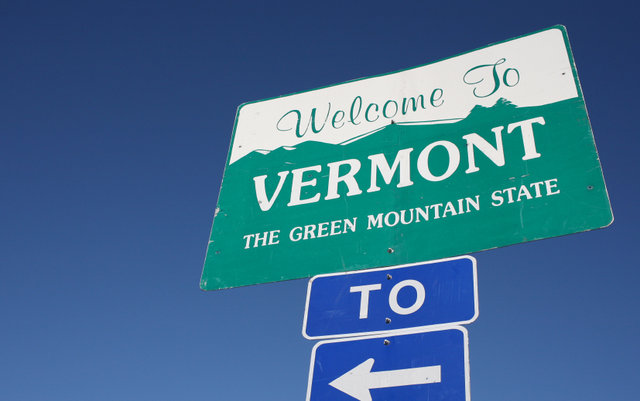Recreational Sales Officially Started in Vermont
On Saturday, adult-use cannabis retailers in Vermont began sales to consumers. On September 14th, the state’s Cannabis Control Board awarded two recreational cannabis licenses and approved one dispensary’s transition from medical to adult-use sales. While sales have officially launched, regulators anticipate supply challenges due to the delay in licensing outdoor growers. Approximately 50 marijuana retailers have been pre-approved for licenses.
Detroit’s Adult-Use Cannabis Licensing Ordinance Faces Another Lawsuit
The city of Detroit’s current adult-use marijuana licensing ordinance was passed in April of this year, and the measure faces yet another lawsuit. The plaintiffs in the lawsuit are an aspiring cannabis business owner and the subsidiary of a multistate operator that owns several medical marijuana dispensaries throughout the city. The lawsuit requests that the court stop Detroit’s application process for limited cannabis licenses for retail businesses, social consumption lounges, and microbusinesses. The plaintiffs are alleging that the licenses are being awarded unjustly to long-time city residents and they want Detroit officials to develop a new ordinance. If the plaintiffs win the lawsuit, this would be the third cannabis licensing ordinance for the city.
Study Finds Federal Cannabis Prohibition is a Barrier Between Patients and Safe Products
A year-long review into contaminants in cannabis products determined that federal prohibition may be an obstacle between cannabis consumers and safe products. A team of researchers led by Dr. Maxwell C.K. Leung at Arizona State University examined the differences in the way states with legal cannabis programs handle issues with contaminants. The research team also looked at samples from California. Becasue cannabis remains a schedule 1 controlled substance, individual states are left to develop their own way of regulating cannabis products and making sure they are safe for consumers and patients. The study found there is a real need for regulations at the federal level to reduce the exposure to contaminants that marijuana consumers face.






